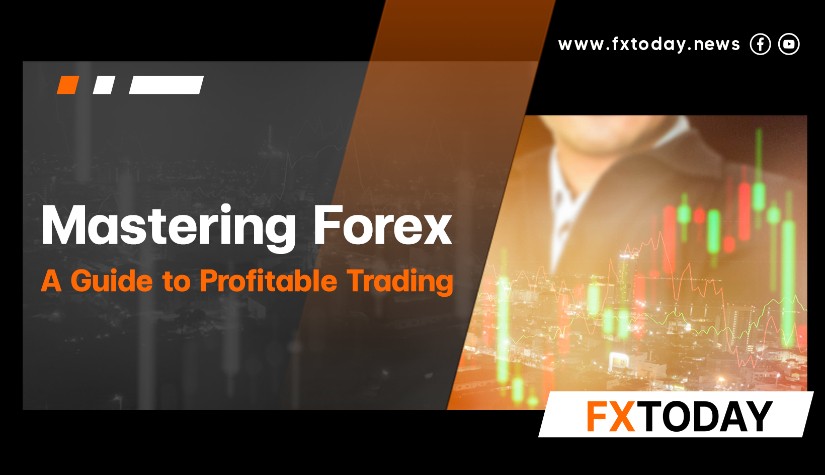The global investment landscape has evolved, with the stock, cryptocurrency, and Forex markets emerging as key focal points for investors. This guide offers a comprehensive introduction to Forex trading, providing readers with insights into key concepts and techniques to navigate this profitable market. Whether you're an experienced trader or just starting, this guide will equip you with the knowledge you need to succeed in the Forex market.
What Is Forex?
The Foreign Exchange Market, or Forex, is where the Euro and US Dollar (EUR/USD) are the world's primary currency pairs and the most popular trade.
How to Make a Profit in Trading Forex?
Forex trading involves trading foreign currencies to profit from the exchange rate. Traders benefit from currency appreciation and depreciation.
There are two ways to profit: buying (Buy) and selling (Sell) currency pairs. Here are the profit-making principles and concepts:
- If you believe the price of the product or instrument you are trading will decrease, place a sell order (Sell).
- If you think the product price or currencies you are trading will increase, place a buy order (Buy).
What Is the Meaning of Leverage?
Leverage is the ability to trade with borrowed funds from the broker, allowing traders to place orders for larger lot sizes. Generally, a $1 investment corresponds to a 1:1 investment with no multiplier.
However, when leverage is used at a ratio of 1:50, traders have invested fifty dollars despite having only one dollar. Using leverage, traders can gain a more significant profit but also increase the risk of potential losses.
What Exactly Are Stop Loss and Take Profit?
- Stop loss (SL) is an order to sell a financial asset at a specific price to avoid large trading losses.
- Take profit (TP) is where traders wish to make gains. When the price reaches the TP level, traders can profit from the desired amount.
Forex Trading Time
Due to the overlap of work hours in each country, the Forex market is open almost 24 hours daily from Monday to Friday. As a result, traders can participate in the Forex market 24 hours a day, seven days a week.
What Exactly Is a Forex Broker?
Forex brokers operate as middlemen, directing traders' orders straight to the market. Because the Forex market is so large, retail traders cannot trade directly in it. A broker must gather and transfer traders' orders directly to the market. The broker benefits from the spread and commission on each currency pair as an intermediary.
Trade With a Demo Account
Most brokers provide demo accounts where traders can trade several instruments to learn and become acquainted with trading tools.
The benefit of trading on demo accounts before real accounts is that traders can practice trading techniques and place orders without risking money.
What Exactly Are Indicators?
Indicators are tools traders use to determine whether to trade up or down, using the previous price of a currency pair and computing according to the form or formula of each indicator.
Conclusion
While the Forex market is the most popular financial market worldwide, there are always risks involved with investing. Traders must research the market thoroughly, learn how to create a trading strategy that works best for them, and adequately manage their finances. Investments in Forex should only be made with cold cash.
_____________________________
Maximize your knowledge: Blog
Keep up to date on global events: News
Updated
1 year ago
(Jun 28, 2023 10:29)
